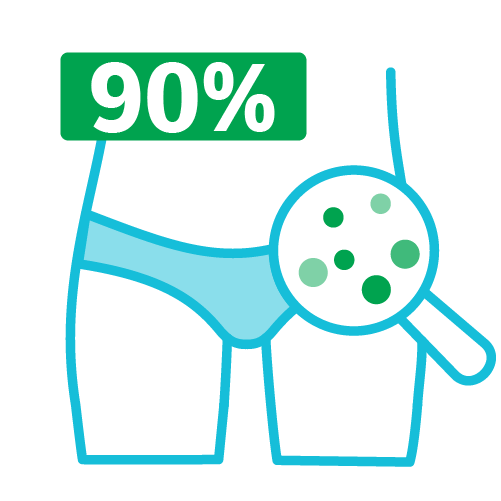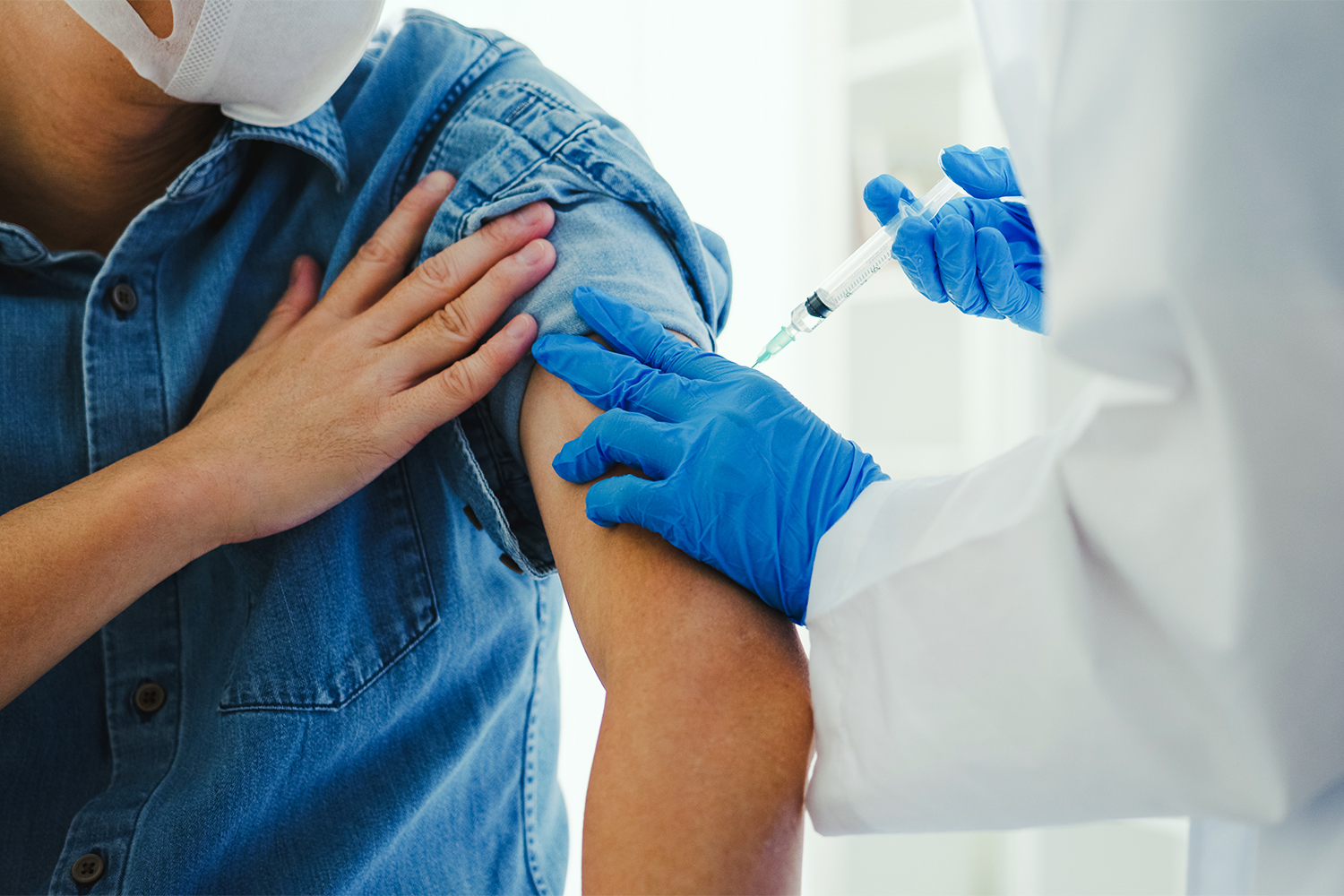HPV-related Diseases in Men


Risk of HPV exposure
The human papillomavirus (HPV) is a common sexually transmitted infection that can spread through intimate skin-to-skin contact, as well as vaginal, anal, and oral sex. It can also be transmitted by sharing sex toys.1,2
Anyone who is sexually active can get HPV. Since HPV infections often have no symptoms, it can be hard to detect. But even if an infected person is asymptomatic, they can still pass the virus to their sexual partner.1
For most people, HPV clears on its own. But for those who don’t clear the virus, it can cause certain cancers and diseases.

How are men affected by HPV?
While HPV is the primary cause of cervical cancer, it doesn’t just affect women.1 Approximately 85% of both men and women will be infected with HPV at some point in their lifetime.3
Men have a high rate of HPV infection at any age. Men are also more likely to be infected repeatedly compared to women.4,5
The good news is, most men with HPV never experience symptoms, and the infection usually resolves on its own. But if a man’s HPV infection persists, it can lead to concerns such as anal cancer, oral and throat cancers, as well as genital warts.6
It is also worth noting that few men develop antibodies against HPV after recovering from an infection, which means they remain vulnerable to new infections each time they engage in sexual activity.7
This may then result in infected men unknowingly transmitting the virus to their partners, putting them at risk of cervical cancer and other diseases.6
For most people, HPV clears on its own. But for those who don’t clear the virus, it can cause certain cancers and diseases.
What diseases can HPV cause in men?
HPV is known to cause:

About 90% of genital warts8

About 88% of anal cancers9

About 70% of oral and throat cancers10
While any man with HPV is at risk of developing certain HPV-related cancers, those with weakened immune systems, including men living with HIV, tend to be more susceptible.6
Furthermore, men who engage in anal sex have a higher risk of contracting anal HPV and may subsequently develop anal cancer.11,12
Speak to your doctor immediately if you discover changes on your penis, scrotum, anus, mouth, or throat, such as6:
Warts, Unusual growths, Lumps and Sores.
For most people, HPV clears on its own. But for those who don’t clear the virus, it can cause certain cancers and diseases.

Can men test for HPV?
The short answer is: no.
There is currently no approved testing for HPV or HPV-related cancers in men.6
Some healthcare providers may offer anal Pap tests to men who may be at a higher risk for anal cancer, but routine screening in asymptomatic men is generally not recommended.6
For most people, HPV clears on its own. But for those who don’t clear the virus, it can cause certain cancers and diseases.

How can men prevent HPV?
Here are 2 ways men can help reduce their risk of getting HPV6:
● Get the HPV vaccine: Vaccination is effective in protecting against warts and certain cancers caused by HPV. While it is ideal to get vaccinated before the first sexual contact, those who have already been sexually active can still get the vaccine.
Find out more about HPV Vaccination.
● Use protection: Using a condom correctly can lower the risk of HPV transmission. However, HPV can still infect areas of the skin not covered by the condom.
For most people, HPV clears on its own. But for those who don’t clear the virus, it can cause certain cancers and diseases.
